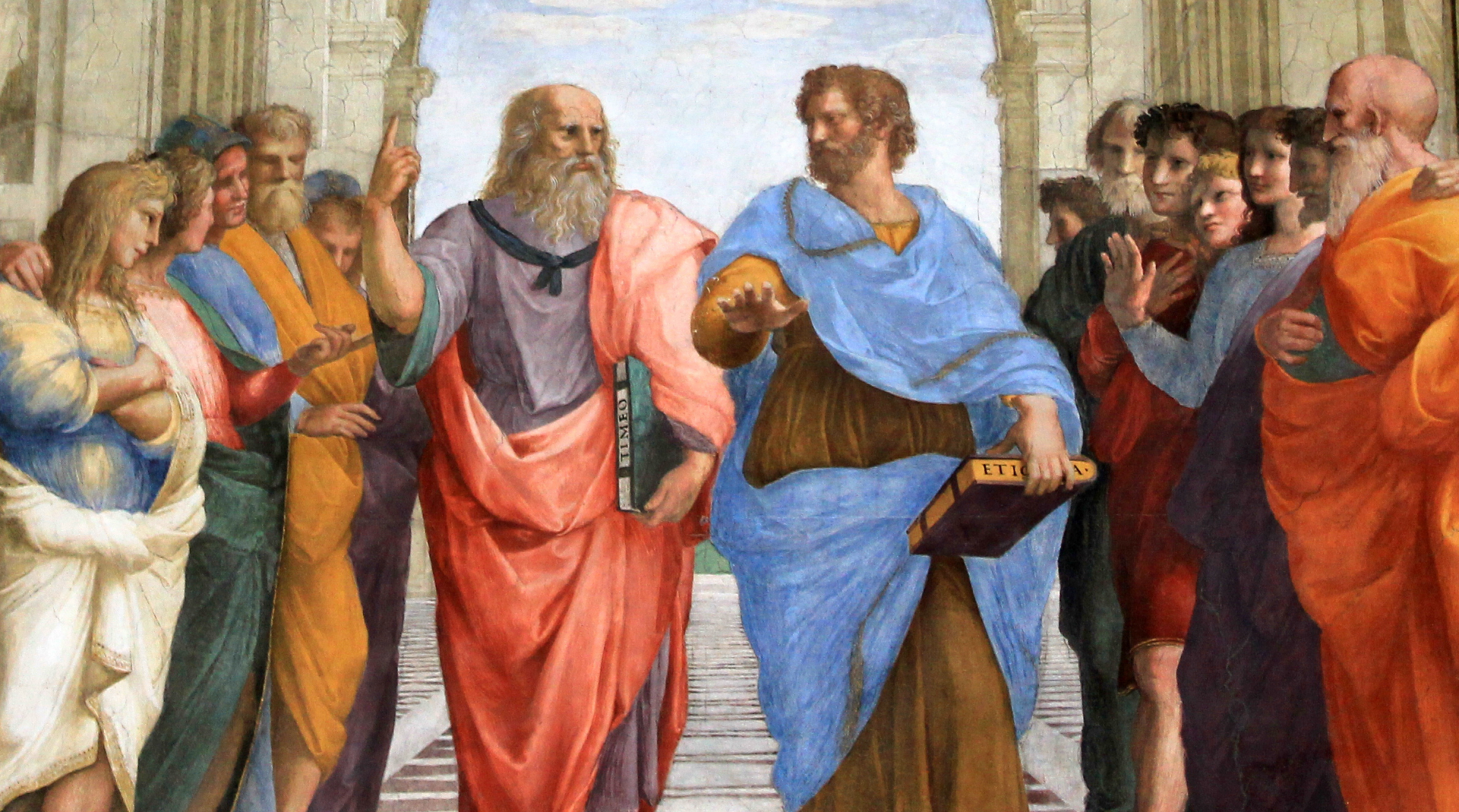
By Brad Davis
During a recent weekend lecture, I recall a discussion of creating an education system more accessible for marginalized students. One participant asked, “You do know what our modern education system was founded upon?” Not sensing the question’s rhetorical tone, I offered up Plato’s Republic.
Nonetheless, this proved to be the correct answer: “Of course, that dead white guy, who developed a system of pedagogy for his cohort.”
Currently, Lewis & Clark is hearing proposals to change general education curricula and requirements. This is a standard process facing unique challenges in the midst of growing concerns towards the treatment of race, gender, and other identities on college campuses across the country. One of the most common petitions from students here and elsewhere is for administrators to reevaluate the emphasis of the Western canon in classes. Particularly within freshman seminars and survey courses, students want to replace texts with those they consider less traditional and more multicultural. This would be a mistake, especially within a liberal arts program.
If anything, the opposite approach should be taken. In order to help students understand why they are in college and how they should become educated, a greater curricular emphasis should be place to on the so-called Great Books. Perhaps more importantly, this will also help develop a more empathetic, intellectual and humane student body. As a consequence, there may be a greater proportion of European writers. Though, works such as the Tao Te Ching, “One Thousand and One Nights,” or the writings of Al-Farabi would be just as appropriate. Nonetheless, this should not be considered an impediment.
These classics are such for a reason. They contain the greatest stories of human history thus far. Most have entire bodies of literature dedicated to their analysis and criticism, providing the opportunity to discuss these works with levels of incision not possible for the contemporary. More importantly, students can read through the evolution of popular thought and values. Instead of just a single discussion group’s opinions of Plato, classes can be immersed in how Cicero, St. Augustine and Hegel all separately judged the Republic. Could there be a better method of developing multicultural appreciation? Each of these philosophers have less in common with each other than they do with modern Americans, far less in common than any of us have with each other.
For many of these great writers, the fundamental question they investigate is what their personal relationship is to society as a whole. Though impossible to fully answer, examining elucidates questions of morality and personal growth. Without some contextual framework for these issues, there is little opportunity to understand why our society values concepts, like free speech or individual liberty, and even less ability to understand why our society has discarded other values. A deficient understanding of this chain of developing thought can have great social impacts. As discussed by professor and philosopher, Allan Bloom, in Our Listless Universities, “The students are not reading the same books and addressing the same questions, so that their common social life cannot be affected by a common intellectual life.” Without a common intellectual life to interrogate our common principles and prejudices, it is unlikely that they can be confronted, making true social progress nearly impossible.
Beyond the philosophical elements, many of the stories contained within the canon are the best-known and most-beloved around the world. Yet, these works do not just provide well-crafted entertainment, but also a common human language. The conventions of most media are based of ancient plays, poems, and novels, while countless plots are recreations of ancient stories. Even without recognizing it, these ancient works have largely shaped contemporary tastes towards stories and other arts. As such, a greater grasp of historic storytelling techniques allows for better modern communication, providing the opportunity to criticize ancient writers or to present complex modern ideas in accessible forms. This common language has enabled the likes of Frederick Douglass (a great component of our required reading), Gabriel García Márquez, and Maya Angelou to write their immensely compelling and culturally transformative stories.
A greater focus on the Great Books in curricula would benefit all students. It would help students develop their access to a common human language and intellectual life. Even to the students who will insist that they cannot sympathize or relate to the lessons of yesteryear, the ability to at least understand and interact with these ideas can only help in their criticism. Even though popular opinion runs in the opposite direction, it is even more important to develop a more empathetic, multicultural and understanding student body. Greater still, in the words of Mr. Bloom, is to provide students a truly “humane learning to study how to be free, to be able to think for himself.”
Subscribe to the Mossy Log Newsletter
Stay up to date with the goings-on at Lewis & Clark! Get the top stories or your favorite section delivered to your inbox whenever we release a new issue.

Leave a Reply